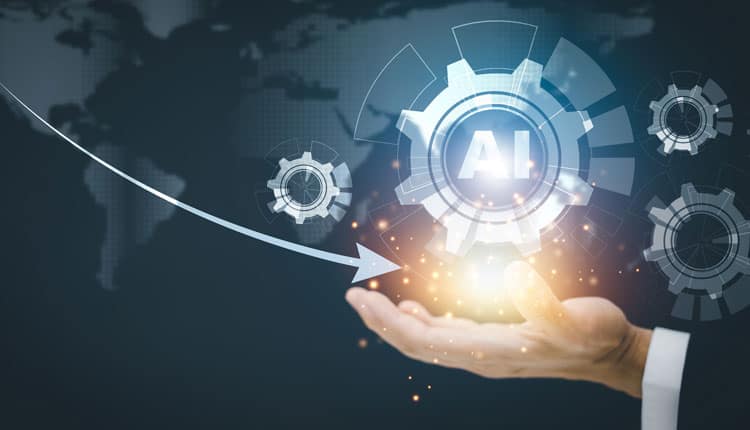By Amit D Mishra, Founder & CEO, iMocha
Skills have come to play a central role in the growth and success of every organization, especially in this age where businesses are taking a digital-first approach. However, skills have become very fluid in the context of fast-changing technology and what was relevant even two or three years ago has become obsolete as new ones take over. Very much akin to a personal consumer electronics product like the mobile, the pace at which the sector is evolving is forcing businesses to put processes in place for the continuous mapping of new skills needed to stay relevant and be successful!
Skills intelligence can offer a deep insight into the talent and skillsets of every employee. This can further allow businesses to better understand, develop, and recruit talent to dynamically meet the needs of their organization. In fact, it is the new competitive advantage which
businesses can bring to their operations so that recruiting and retaining the right kind of talent and upskilling them from time to time becomes the core part of their success strategy.
Consider this — almost 30% of the technology we are working on currently has changed and so the skill matrix required for organizations that are built on them is also changing rapidly.
Research from the Institute of the Future reveals that a staggering 85% of the jobs that will exist in 2030 have not been invented yet. For example, AI and machine learning skills, digital marketing, and cyber-security skills are in great demand now globally. And as technology evolves, skills will also continue to do so. Thus, the process of mapping them cannot lag behind. In fact, it has to stay ahead of the curve!
In today’s technology and data-driven economy, skills intelligence can be termed as the new currency. Simply put, it is the science and art of developing an understanding of who has what skills and how to better leverage — and grow — internal talent. When implemented in true letter and spirit, it can help create a strong sense of camaraderie and a win-win relationship for every employer and employee.
Using AI, HR and business leaders can now more effectively up-skill and reskill employees to meet shifting business needs and objectives. Creating a skills assessment matrix through cloud sourcing as a model enables action-oriented and forward-looking talent practices. Skills mapping provides a visual overview of the skills each employee has within an organization, team or department.
Not just this. The AI-powered skills assessment mechanism helps quantify
the skill at all levels and so goes a step above modern recruitment practices like video interviews which can bring in a bias as individuals belonging to different geographies sex, caste, creed, or religion may become a victim of subjective assessment and consequent prejudice and discrimination. The mantra is “Quantify the skill, not the person”. Once this is done, interviews can be offered as a second layer. Also, skills quantification can help select the right candidate.
The other benefit of the AI-powered skills quantification process is that organizations can plan for diversity and inclusion in the true sense of the term. This can make talent management processes more robust and efficient. Continuous monitoring of the talent pipeline and evaluation of potential equity in so far as it relates to access and opportunity is also enabled by an AI-powered skills assessment platform thus creating a brand that can embrace diversity and inclusion.
Skills assessment offers an opportunity to realign HR processes and adopt a people-first approach thus boosting productivity and performance. It also ensures that we are ahead of the technology curve and are able to meet the ever-growing demands of a changing industry. With clarity on the skills that are needed to gain a competitive advantage, businesses can continue to innovate and thus make a difference!



